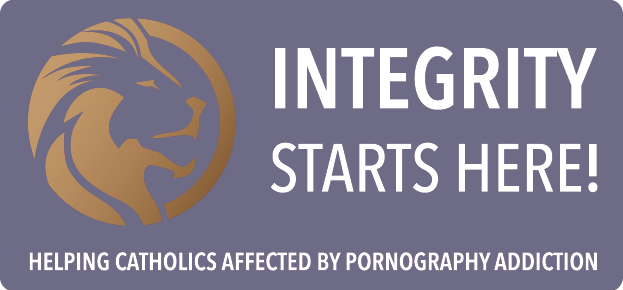By Peter C. Kleponis, PhD, LPC, SATP, CSAT and Director of Integrity Counseling Services — A few months ago, I asked my client, Tom, what he thought of the support group he was attending. Tom was struggling with pornography addiction and had joined a local Sexaholics Anonymous group. He answered that the group was good, but that he did not find it that helpful. I asked him about his experience in the group. He enjoyed hearing the talks given at the beginning of each meeting and the small group discussions. However, he did not know how this could help him with his sobriety.
I probed deeper into how Tom was using the meetings. I asked when he arrived at the meetings and when he left. He shared that he usually arrived just as the meeting was starting, and that he left as soon as it ended. While it was great that Tom was attending these meetings, there was more that he could do to get the most out of them for his recovery.
It is often said in recovery circles that the opposite of addiction is connection. By this we mean that recovery occurs within community. Immersing oneself in recovery means actively participating in the recovery community. This means developing close relationships with others in recovery.
The close relationships needed for healthy recovery cannot be developed during a formal support group meeting. The focus is on the 12 Steps and traditions of recovery, understanding triggers, sharing struggles and victories, and being there to listen to others. No cross talk is allowed, and the focus is on the group and not on individual relationships.
So how can close relationships develop from a support group? The answer is before and after the meetings. It is important to show up early before the meeting starts and stay after the meeting has ended. This allows people to get to know one another and to develop friendships. This is often why they serve “bad coffee” at meetings. People are encouraged to come early and stay late. As new friendships are developed, members can find accountability partners to help with their sobriety. Years ago, I had a client who befriended two other men at his support group meetings. They developed a system where they each made a call to one of them and received a call from one of them daily. This helped all of them tremendously in their recovery.
In addition to accountability partners, getting to know the people in the group can help one determine which members would make good sponsors. In most support groups, no one is assigned a sponsor, nor does anyone offer to be a sponsor. Sponsors must be sought out by group members. When a suitable candidate is found, it is the responsibility of the group member to ask him if he would be his sponsor. This process is made easier when one knows the people in the group personally.
A way to further get to know the people in the group is to offer to help out with running the group. In most groups, there are “jobs” that members can volunteer to do. This includes opening up and closing the building, setting up and breaking down chairs, setting out literature, and making the “bad coffee.” Through this service, you can immerse yourself deeper in the recovery community.
Tom took my advice and arrived at his meetings early and stayed later. He volunteered to set up the room for the meeting. Through this, he got to know the people in the meeting and developed some good friendships. This helped him find a good accountability partner. They monitored each other’s use of technology and phoned daily to check up on each other. Eventually Tom was also able to find a sponsor to help him work through the 12 Steps. All of this helped Tom immensely in his recovery.
So, to get the most out of your support group meeting, don’t just show up for the meeting. Arrive early and stay late. Volunteer to help out with the meeting. Get to know the members and leaders of the group. This will help you to truly become part of the recovery community, and this can contribute to your success in recovery!



 Tip: Check out the wellness tracker. It’s a simple but powerful tool designed to help you remember the promises you make to yourself. As you complete wellness activities your tree will blossom, and so will you!
Tip: Check out the wellness tracker. It’s a simple but powerful tool designed to help you remember the promises you make to yourself. As you complete wellness activities your tree will blossom, and so will you!



